Islamist rebel commander tapped as acting Syrian defense chief
Head of HTS armed wing Murhaf Abu Qasra gets nod as new rulers look to transform insurgents, including foreign jihadi fighters, into army
The Times of Israel
Dec 31, 2024
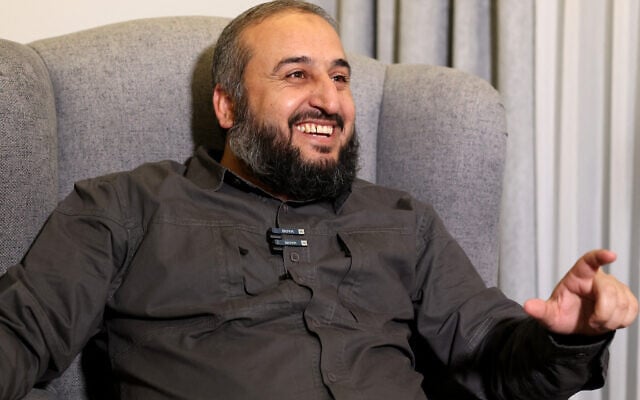
Syria’s new authorities announced on Tuesday that the military chief of the Islamist group that spearheaded the offensive that toppled longtime ruler Bashar al-Assad had been appointed defense minister in the transitional government.
“The General Command announces the nomination of General Murhaf Abu Qasra as defense minister in the new government of the Syrian Arab Republic,” said a statement carried by the official news agency SANA.
Abu Qasra, 41, a former agronomist, led the armed wing of Hayat Tahrir al-Sham for five years.
As commander of the Islamist rebel forces, he played a key role in the offensive that ousted Assad on December 8 after a lightning advance from north Syria to the capital Damascus.
On Sunday, Abu Qasra was given the rank of general in a decree from HTS chief Ahmed al-Sharaa, now Syria’s de facto leader.
Some other key positions in the transitional government, headed by Mohammad al-Bashir, have already been filled.
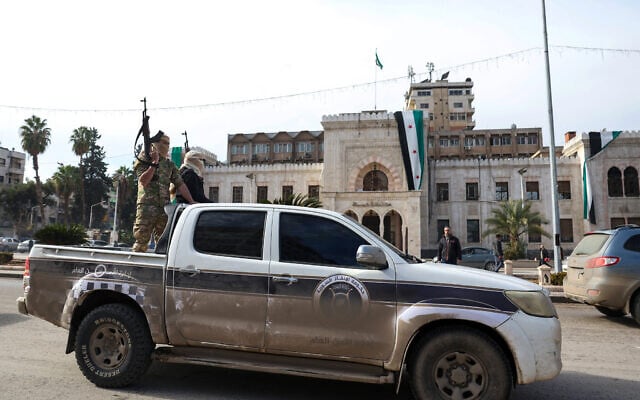
Syrian sources said Sunday that several foreign jihadi fighters had been installed in the country’s armed forces, along with the leaders of other Syrian armed factions that fought alongside HTS, as part of an effort to shape the patchwork of rebel groups into a professional military.
HTS was once aligned with al-Qaeda, but al-Sharaa has cut ties with the group and since coming to power has preached religious coexistence and promised not to enforce strict adherence to Islamic fundamental principles.
In remarks broadcast on Sunday, al-Sharaa said the new Syria “cannot be run by the mentality of groups and militias.”
Bashir, who led the rebels’ self-proclaimed “Salvation Government” in their northwestern Idlib bastion, was made interim prime minister until March 1. That’s when Syria’s different factions are set to hold a political dialogue to determine the country’s political future and establish a transitional government that brings the divided country together.
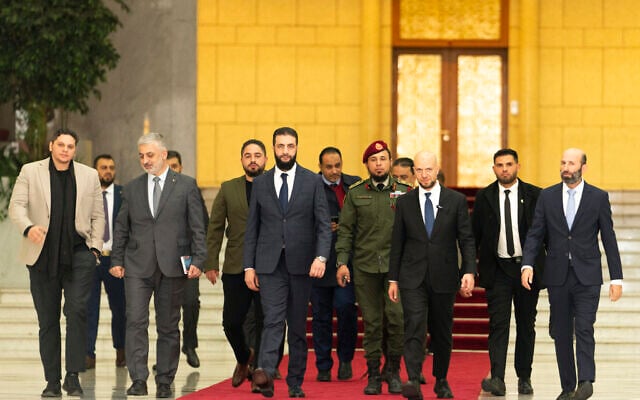
Speaking to al-Arabiya Sunday, al-Sharaa said HTS would dissolve itself at the March 1 meeting after years of being the country’s most dominant rebel group.
In an interview with AFP on December 17, Abu Qasra said HTS would be “the first” to dissolve its armed wing and integrate into the national forces, demanding that other groups do the same.
Abu Qasra also said that the new leadership would seek to extend its authority to semi-autonomous, Kurdish-held areas in Syria’s north and northwest.
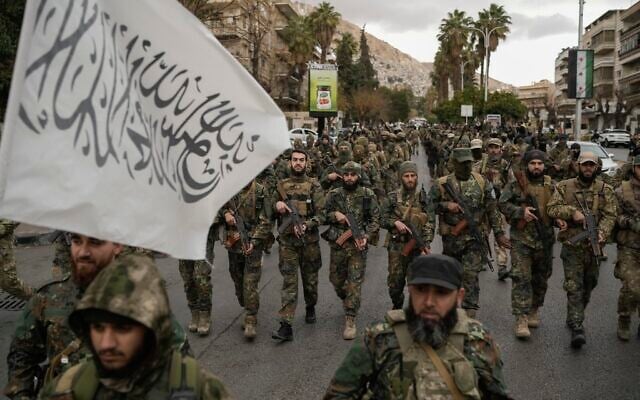
Al-Sharaa said Sunday that talks were ongoing with the Kurdish-led Syrian Democratic Forces in northeastern Syria, whom he hoped to integrate with the Syrian security agencies.
Both Abu Qasra and al-Sharaa have spoken out against Israel’s military incursion into Syria, where troops are holding a buffer zone on Mount Hermon near the Golan Heights. They have also criticized Israeli airstrikes on Syrian military facilities since Assad’s fall, which Israel says are aimed at preventing them from falling into hostile hands.
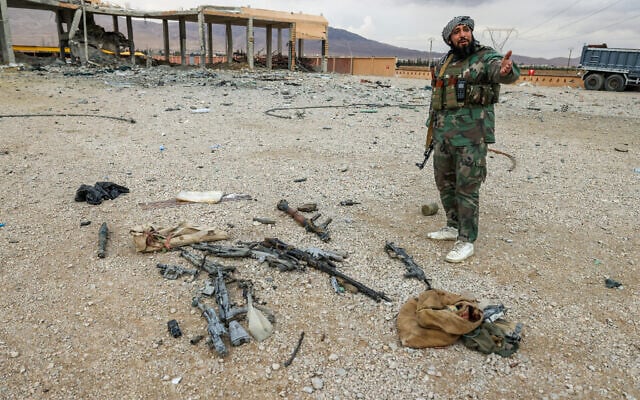
In comments carried by state media Monday, Iranian security chief Ali Akbar Ahmadian said that a new “resistance” would emerge in Syria to fight Israel, while insisting that the so-called axis of resistance set up to stage attacks on the Jewish state had not been weakened by Assad’s fall.
“With the occupation of Syrian territories by the Zionist regime, a new resistance has been born that will manifest itself in the years to come,” said Ahmadian, the secretary of Iran’s Supreme National Security Council, IRNA news agency reported.
Tehran’s allies in the region, including Hamas in Gaza and Hezbollah in Lebanon, have suffered severe blows in conflicts with Israel since war broke out in Gaza following Hamas’s October 7, 2023, attack on Israel, in which some 1,200 people were killed and another 251 kidnapped into the Strip.
No comments:
Post a Comment